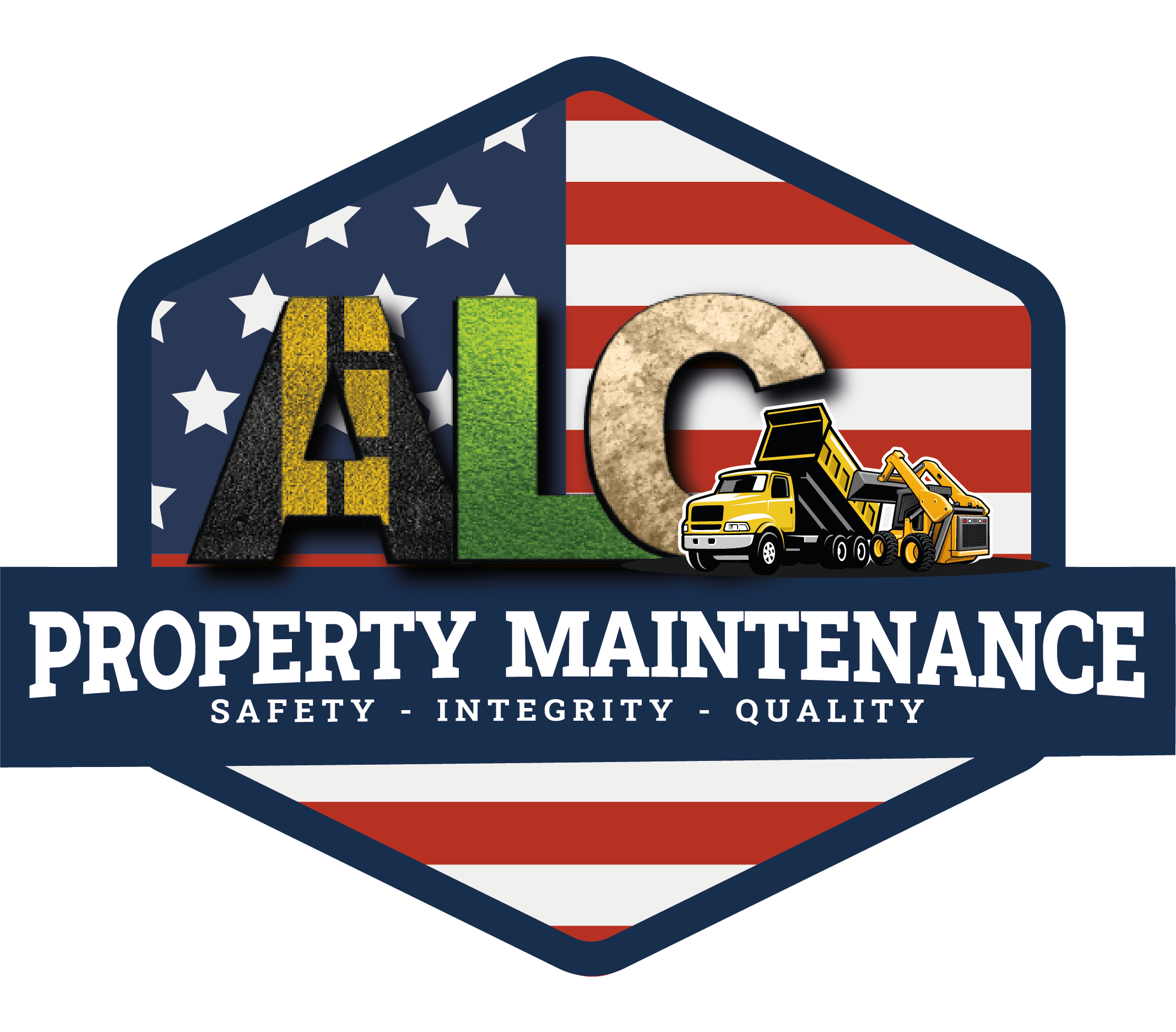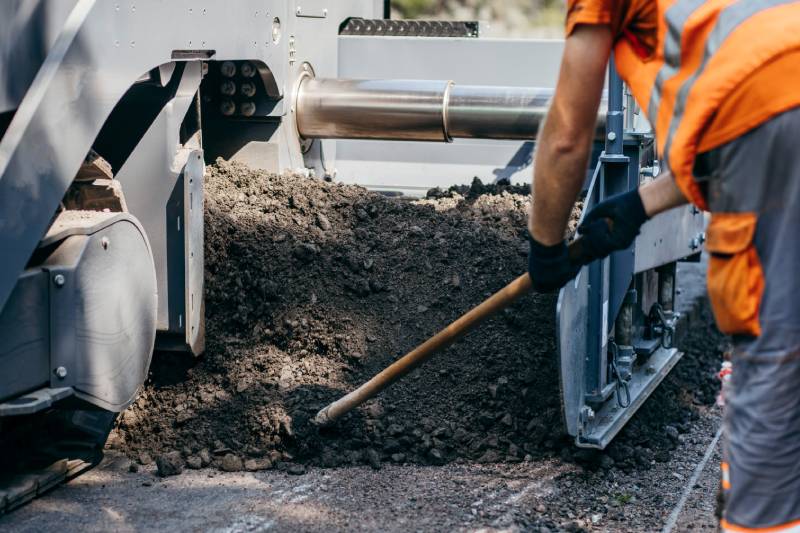Introduction
Commercial asphalt paving is a crucial investment that contributes to the functionality, safety, and aesthetic appeal of your business premises. Whether you find yourself engaged in the construction of a new parking lot or undertaking the renovation of an existing one, the key to a triumphant outcome lies in meticulous planning and precise execution. In this blog, we will explore some essential tips to help you achieve a durable, long-lasting, and visually appealing asphalt pavement for your commercial property.
I. Hiring a Reputable Contractor
One of the most critical factors in achieving successful commercial asphalt paving is hiring a reputable and experienced contractor. When selecting a contractor, consider the following tips:
Research and References: Begin by conducting thorough research and reading reviews to identify reputable contractors. Seek recommendations from trusted sources who have previously worked with asphalt paving contractors. By adopting this approach, you can discover experts who have demonstrated their ability to consistently deliver work of exceptional quality.
Licensing and Insurance: Before finalizing your decision, ensure that the contractor holds the necessary licenses, is bonded, and carries insurance. These credentials protect you from liability and guarantee that the work will be performed by qualified professionals.
Portfolio and Expertise: Review the contractor’s portfolio to assess their experience in commercial asphalt paving. Look for evidence of successful projects similar to yours. A contractor with expertise in your specific type of project will be better equipped to understand your requirements and deliver optimal results.
II. Comprehensive Site Evaluation
Before commencing any paving work, a comprehensive site evaluation is crucial to identify any underlying issues and determine the necessary preparations. Consider the following aspects:
Soil Analysis: Conduct a soil analysis to assess its stability and compaction. Proper soil conditions are vital for creating a solid foundation for your asphalt pavement. If the soil requires improvement, appropriate measures can be taken to ensure its suitability.
Drainage Assessment: Evaluate the existing drainage system or plan for the installation of proper drainage. Adequate drainage is essential to prevent water accumulation, which can damage the asphalt over time. Addressing drainage issues from the beginning will help maintain the integrity of your pavement in the long run.
Traffic Analysis: Analyze the anticipated traffic volume and type to determine the appropriate asphalt thickness and specifications for your commercial pavement. Heavy traffic areas may require thicker asphalt layers to withstand the wear and tear of constant use.
III. Quality Materials and Techniques
The success of your commercial asphalt paving project greatly depends on the quality of materials used and the techniques employed during installation. Keep the following tips in mind:
High-Quality Materials: Choose high-quality asphalt materials that are appropriate for your specific project. Superior materials contribute to the durability and longevity of the pavement, ensuring it can withstand the demands of your commercial property.
Proper Compaction: During the installation process, ensure proper compaction of the asphalt. Adequate compaction guarantees uniform density throughout the pavement, reducing the risk of premature failure. Skilled professionals should use suitable compaction equipment and techniques to achieve optimal results.
Correct Asphalt Thickness: Determine the appropriate asphalt thickness based on the anticipated traffic load. Heavier traffic areas typically require thicker asphalt layers. An experienced contractor can guide you in determining the optimal thickness, ensuring your pavement can withstand the expected use and minimizing the need for repairs or premature resurfacing.
IV. Regular Maintenance and Sealcoating
To maximize the lifespan and appearance of your commercial asphalt pavement, regular maintenance and sealcoating are essential. Consider the following tips:
Routine Inspections: Schedule regular inspections to identify and address any emerging issues promptly. Early intervention can prevent small problems from escalating into more significant and costly repairs. Timely repairs and maintenance will help extend the life of your pavement.
Crack Sealing: Promptly fill and seal any cracks that develop in the pavement. Cracks provide an entry point for water, which can infiltrate and further deteriorate the asphalt. By sealing cracks, you prevent water damage and extend the life of your pavement.
Regular Sealcoating: Apply a quality sealcoat periodically to protect the asphalt from harmful UV rays, moisture, and chemical spills. Sealcoating acts as a protective barrier, enhancing the appearance and extending the lifespan of the pavement. Furthermore, sealcoating plays a vital role in preventing oxidation and preserving the pavement’s pristine appearance, ensuring it remains fresh and well-maintained over time.
Conclusion
Successful commercial asphalt paving requires careful planning, experienced professionals, high-quality materials, and ongoing maintenance. By hiring a reputable contractor, conducting a comprehensive site evaluation, using quality materials and techniques, and implementing regular maintenance practices, you can achieve a durable, visually appealing, and long-lasting asphalt pavement for your commercial property. Bear in mind that the investment made in maintaining a well-kept pavement goes beyond merely improving the safety and functionality of your business premises; it also creates a favorable impression on your clients and customers.






